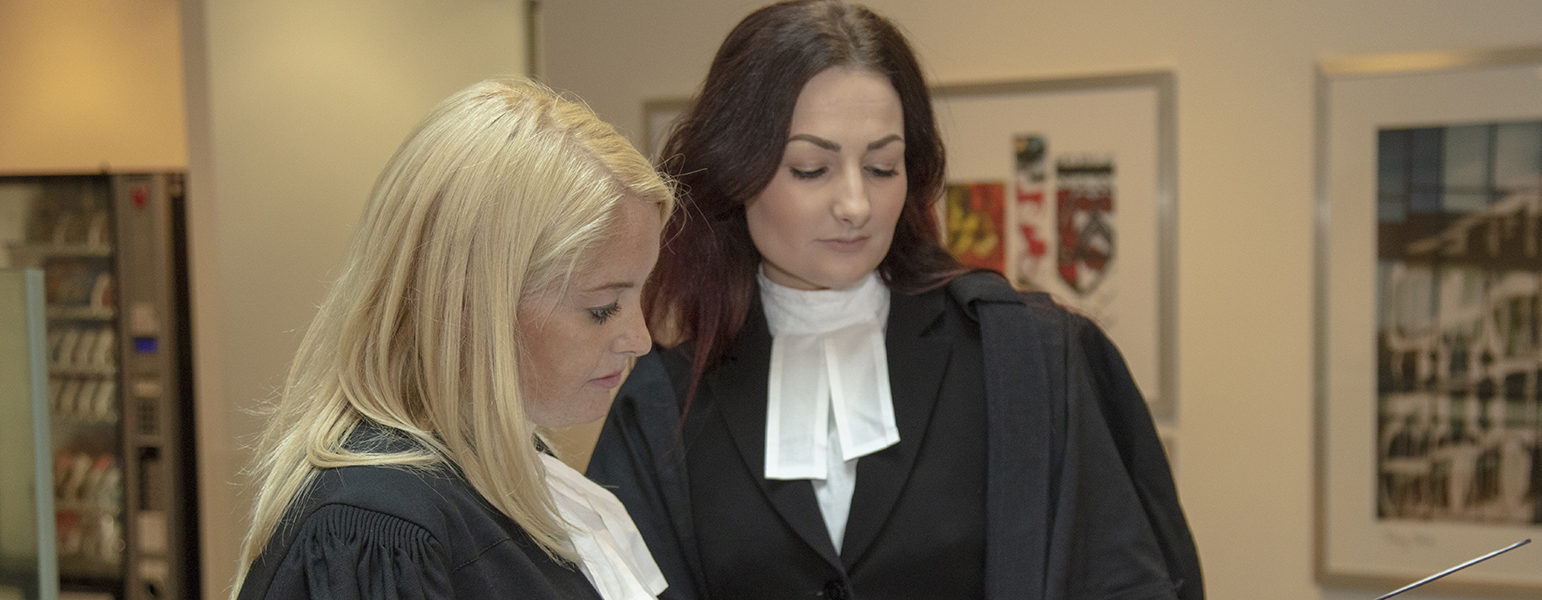JUSTICE report on Prosecuting Sexual Offences
On 10th June 2019, JUSTICE launched its latest working party report, Prosecuting Sexual Offences, chaired by HH Peter Rook QC.
The Report offers 57 separate recommendations.
The Report attempts to address the surge in sexual offence allegations and an increase of cases entering the criminal justice system, all of which brings into sharp focus the complex nature of prosecuting sexual offences.
It is clear that this increase in cases of this kind has cast a very long shadow on the already stripped-back resources available to the police and the CPS. It is widely acknowledged that there have been gross failures of disclosure in cases such as that of Liam Allen.
The JUSTICE Working Party set about considering how sexual offences might be prosecuted more effectively and justly and how to protect the rights of complainants and vulnerable people. Their findings are premised on the conclusion that ‘understanding the causes of sexual offending’ and exploring methods of prevention and alternative disposals are key if offending rates are to be tackled effectively.
The Report is optimistic that a more holistic response to allegations of this nature might reduce some of the burdens faced by the CJS.
HH Peter Rook QC, Chair of the Working Party, said:
“We have sought to identify areas where greater efficiency can be achieved without in any way eroding fair trial. We found that there is substantial scope for alleviating the pressures upon the criminal justice system by improving our response to sexual offending and treatment of those it has harmed.”
The ICCA is proud to have been consulted and to have contributed in small part to this Report and will endeavour to put into practice the following recommendations that directly affect the ICCA and its work:
- The Judicial College and the Inns of Court College of Advocacy should consider joint training to achieve the appropriate treatment of vulnerable witnesses and their best quality evidence
- There must be a universal definition of the term “vulnerable”
- The Working Party is firmly of the view that an ‘Advocacy and the Vulnerable’ course should feature as part of all vocational training for qualification at the Bar
Definition of 'Vulnerable'
On this second point, Lynda Gibbs, Director of Programmes at the ICCA has jointly proposed the following guiding principle, distilling the CrimPD approach:
“A ‘vulnerable person’ is any child, young person or adult, including a defendant, who may not be able to participate effectively at court if reasonable steps are not taken to adapt the court process to their specific needs.”
The Working Party commends this proposal saying that its adoption would:
“provide a consistency of approach throughout the criminal jurisdiction by reducing the chances of significant vulnerabilities being overlooked. There would be substantial dividends in respect of trials of sexual offences in that it would greatly enhance the chances that vulnerable witnesses and defendants are properly protected by appropriate adjustments during the court process.”
New Training Initiative
The ICCA is currently applying to the Bar Standards Board (BSB) to be come an Authorised Education and Training Organisation (AETO), delivering a new and innovative Bar Course designed in two parts. Part One will be delivered online and leads to the assessment of the BSB’s regulatory exams in criminal and civil litigation. The second Part of the Course is to be delivered within the precincts of the Inns of Court, spanning a 20-week cycle and comprising all of the practical skills of a barrister and focussing on advocacy. The course has been designed to encompass and embed the principles of handling vulnerable witnesses and defendants and also to address the specific needs of litigants in person.


